View photos of the three Broncos that will be inducted into the team's Ring of Fame this year.
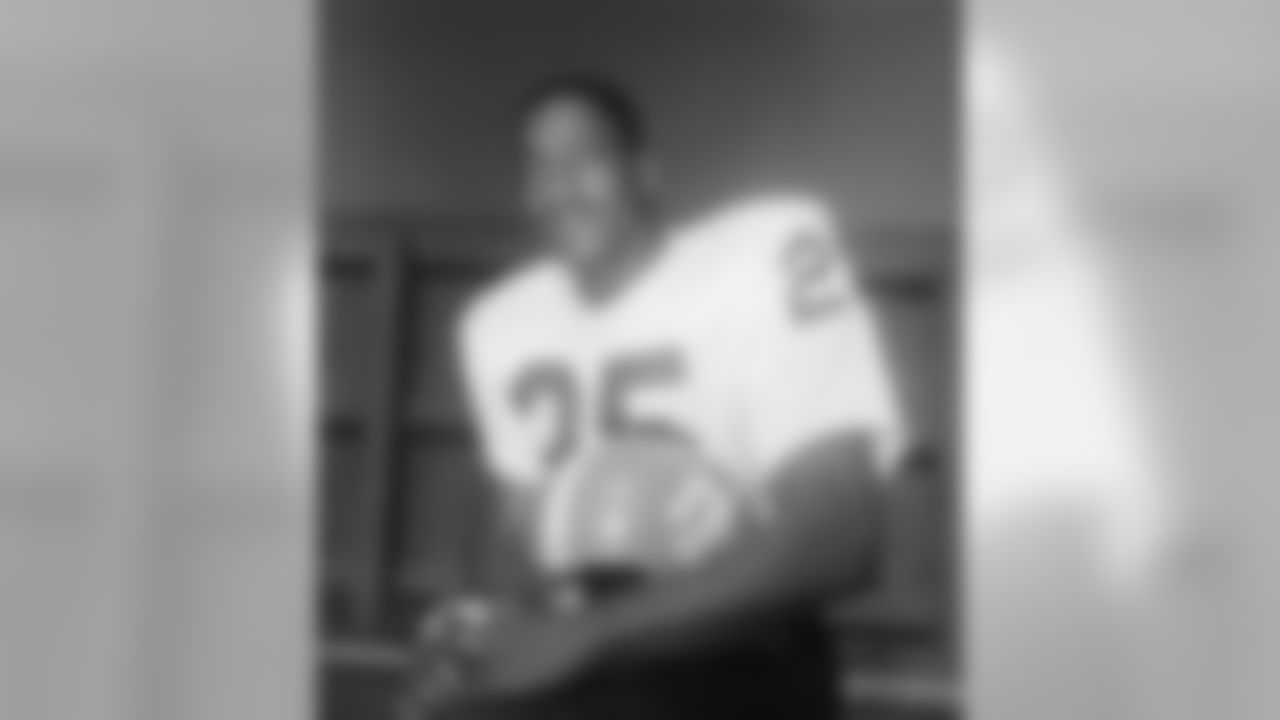
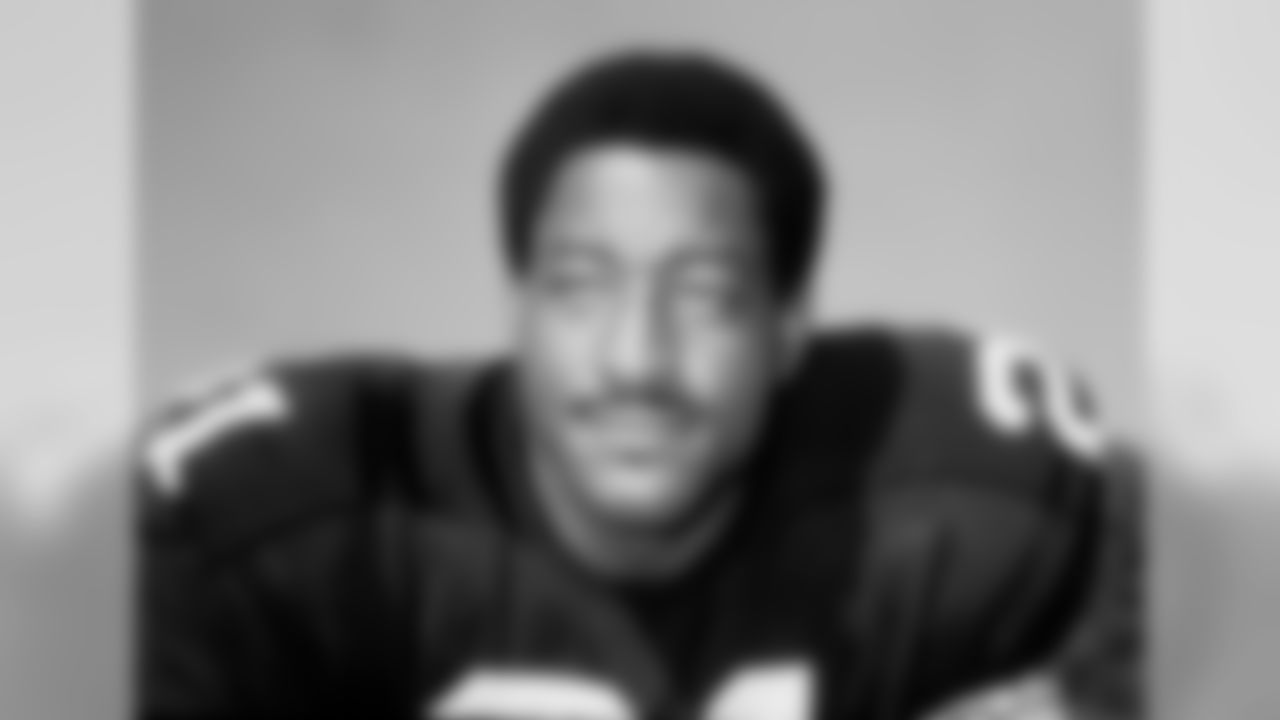
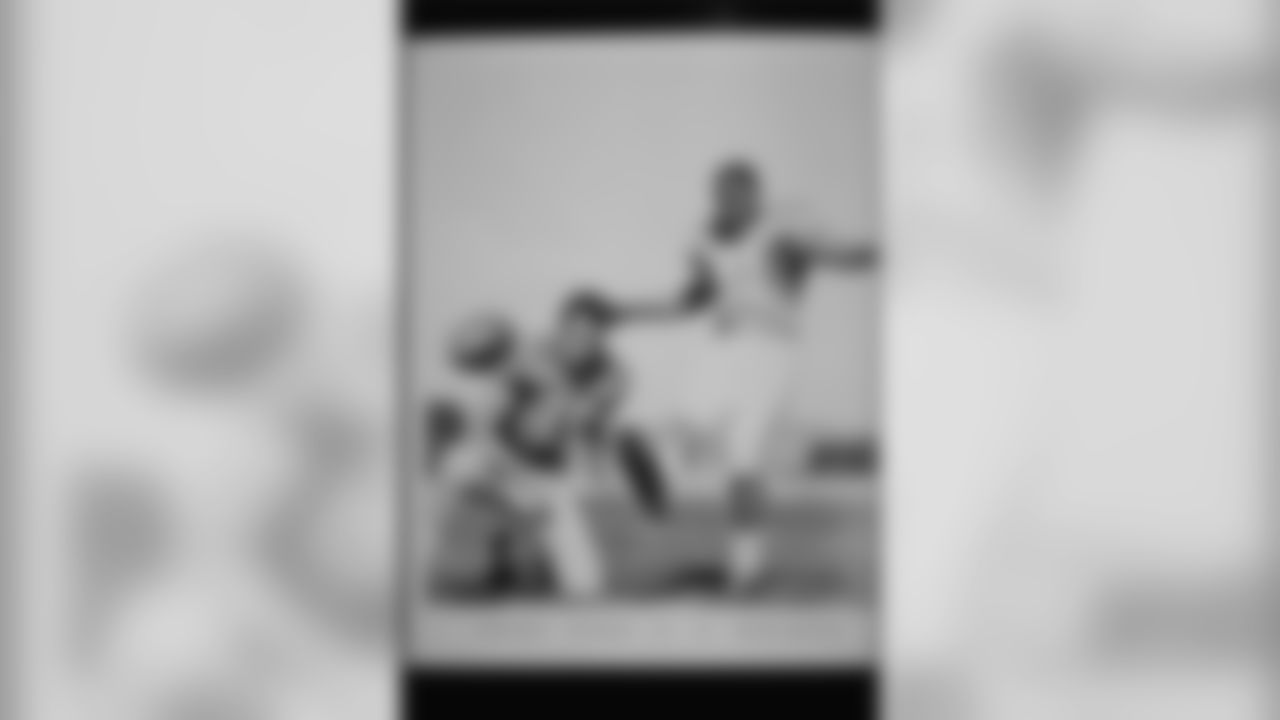
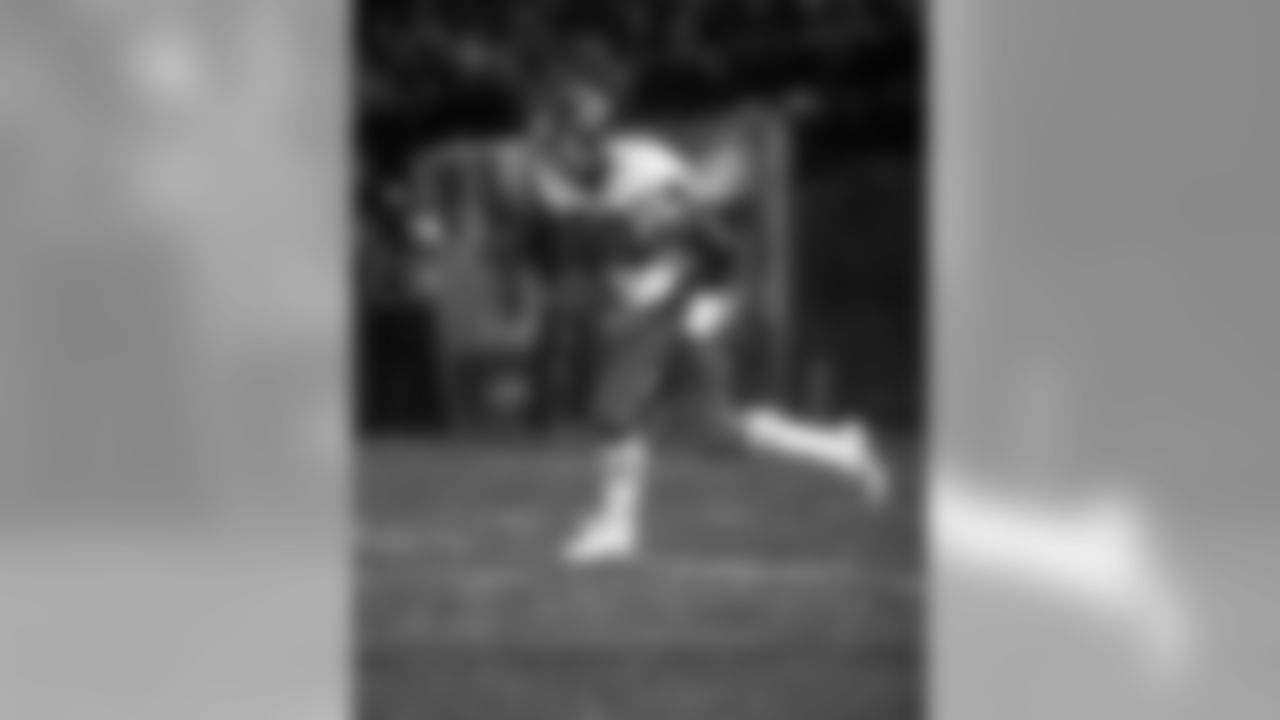

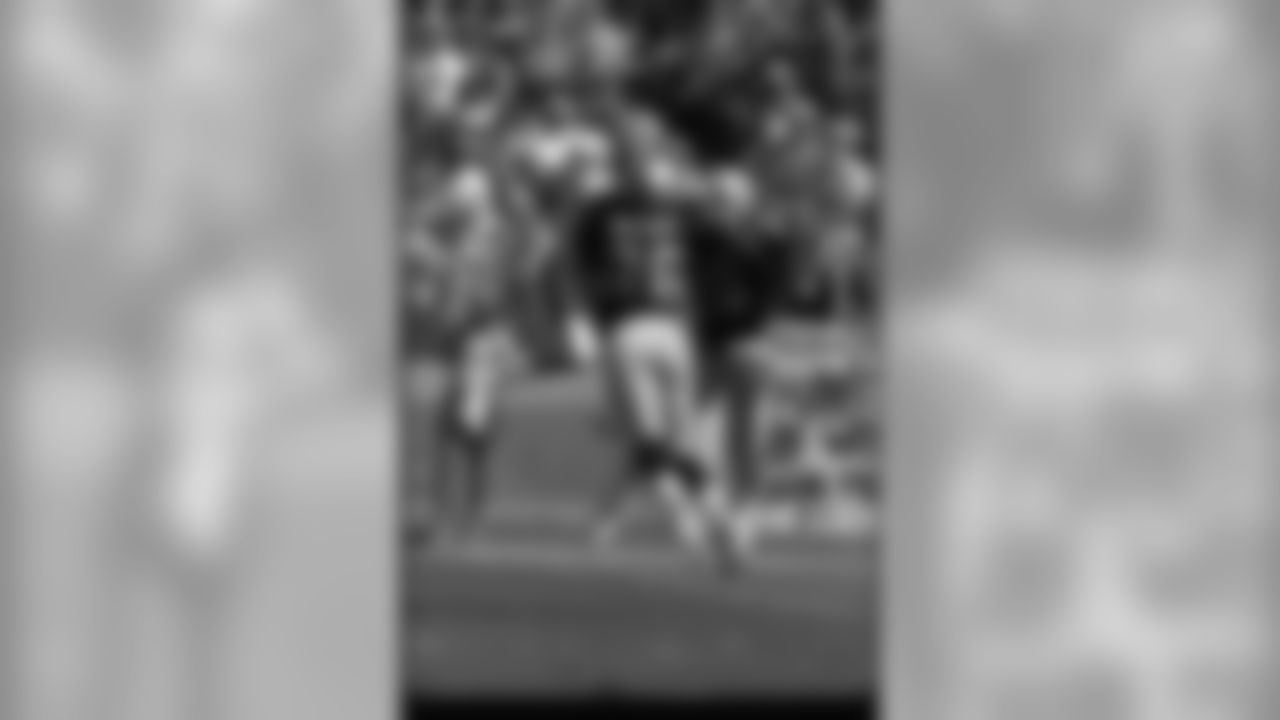
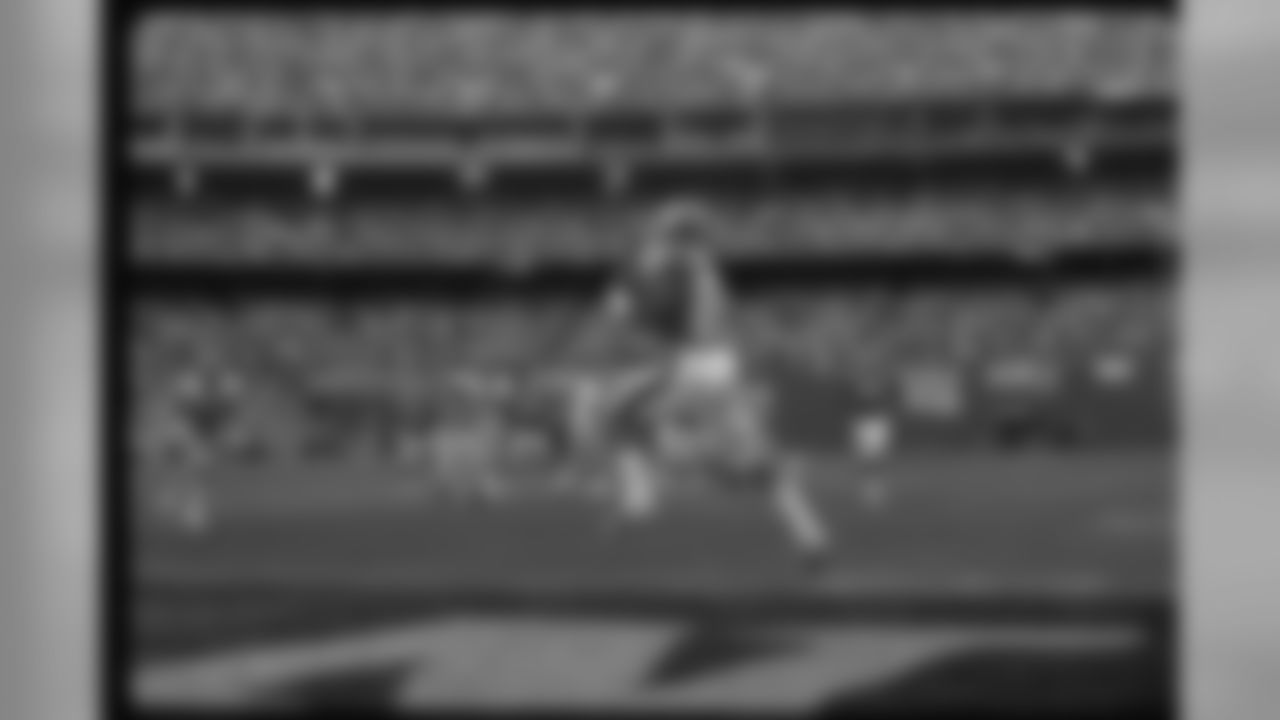
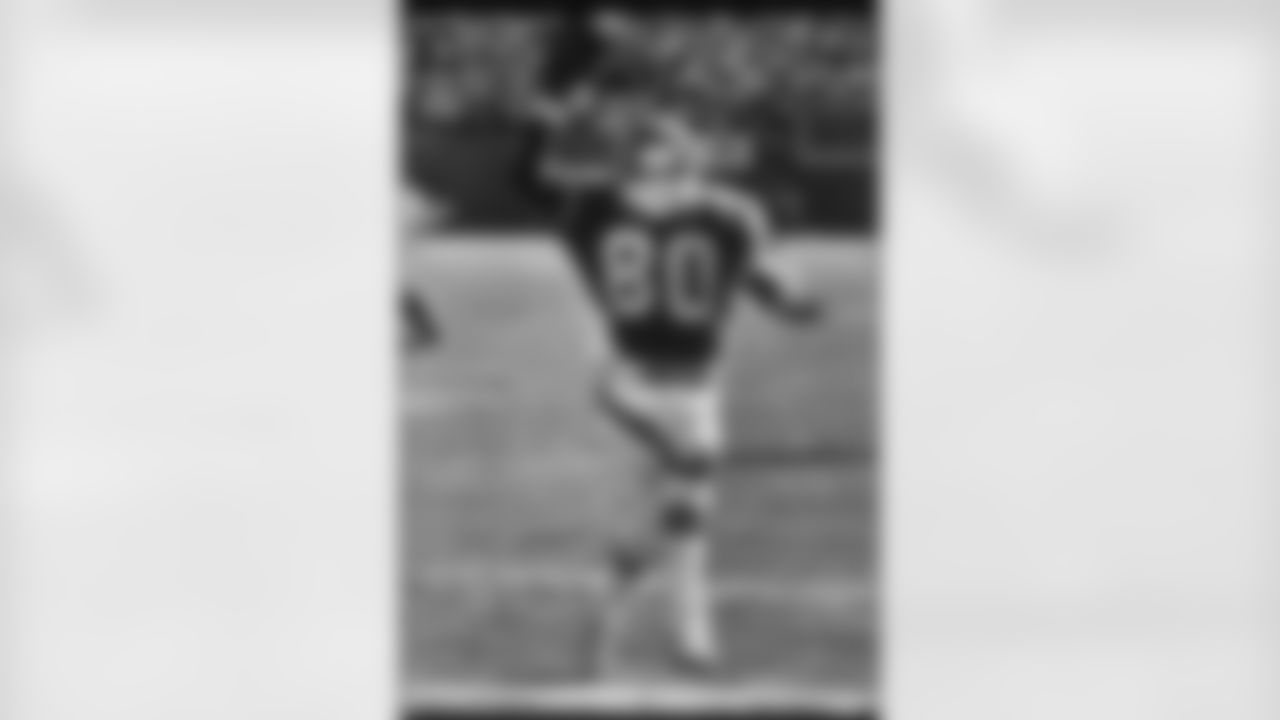

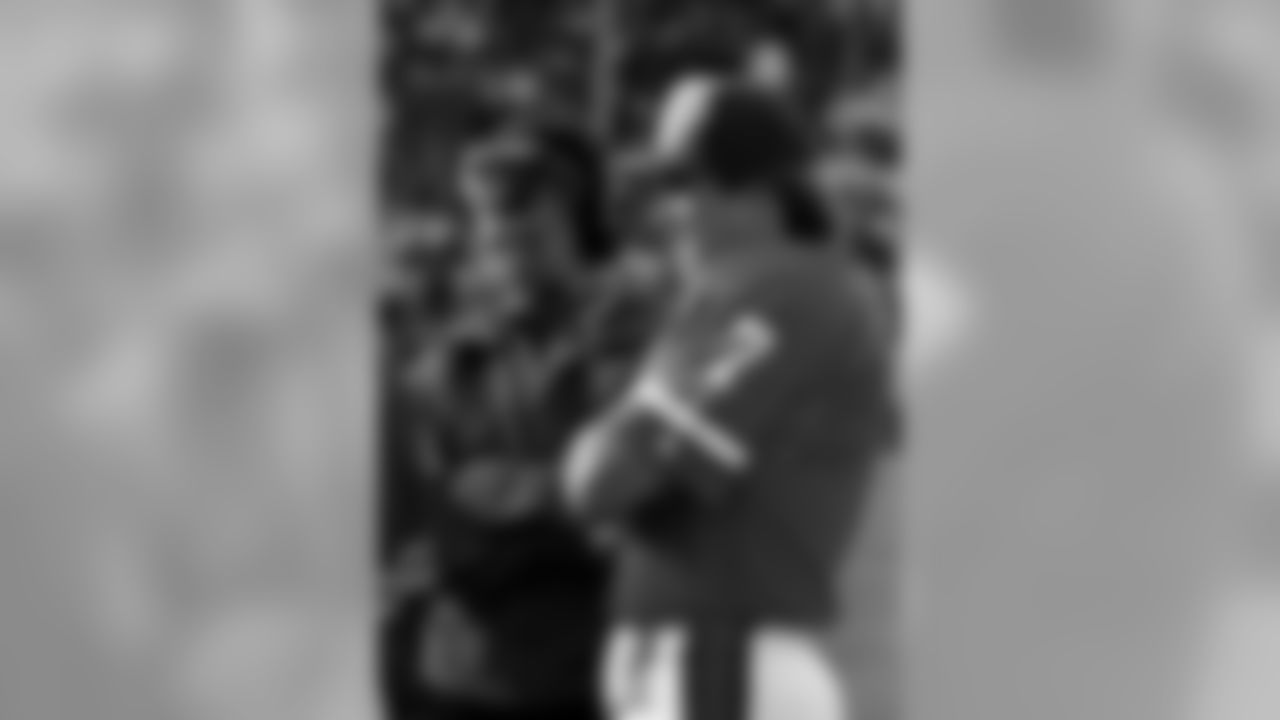
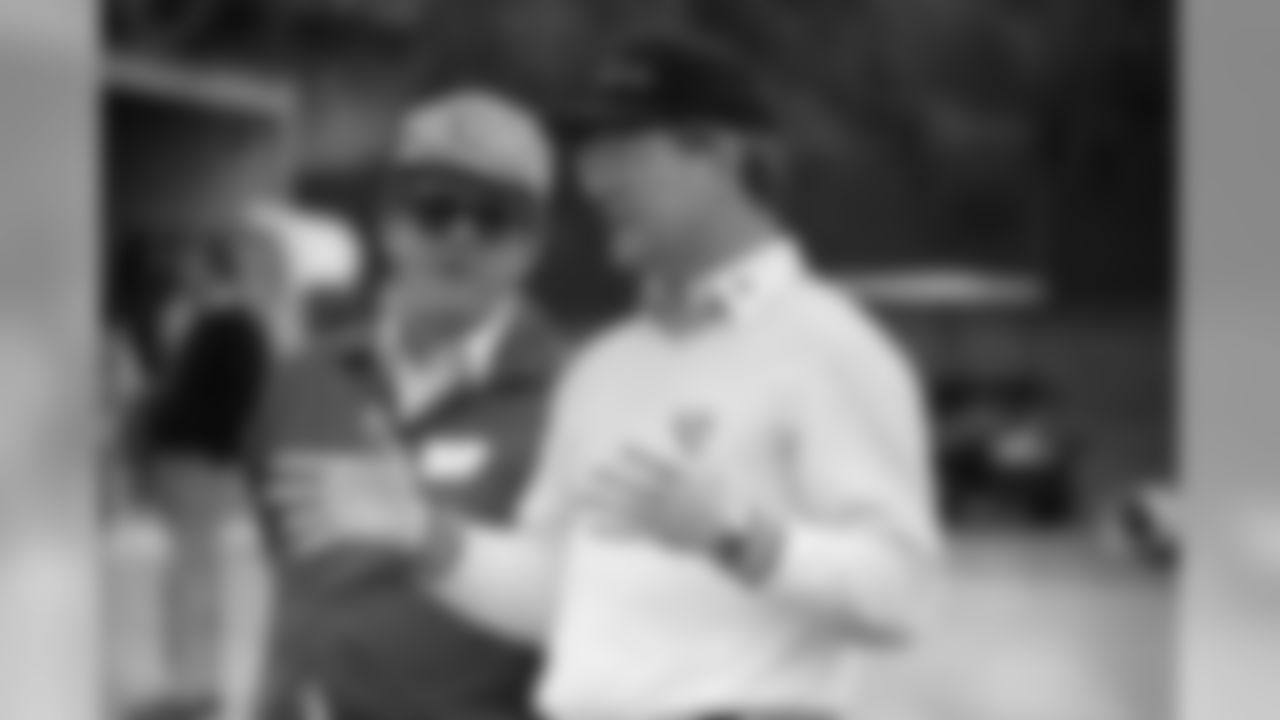


ENGLEWOOD, Colo. --Special teams seems forever cursed to be overlooked.
You can be listed as a first-teamer on returns, long snapping, kicking or punting, but you won't be considered a starter; that's reserved for offense and defense only -- even though every game opens with a kickoff. There is only one pure kicker in the Pro Football Hall of Fame; there will be one pure punter this summer, but no player who made his name more on returns than offense or defense is in Canton.
Until recent years, coaches who ran special teams units were just "coaches," and not "coordinators." That has changed as a reflection of the importance of the third phase.
It is in this vein that the selections of Gene Mingo and Rick Upchurch for the Ring of Fame are appropriate. Despite the de-emphasis of kickoffs when the spot was moved to the 35-yard-line, the value of special teams has never been greater than it is today. With a 46-man active roster, teams have the roster space to dress a handful of players who will only see the field on kickoffs, punts and placekicks.
Until Tuesday, just one player known mostly for his special-teams work was in the Ring of Fame: kicker Jim Turner. Upchurch and Mingo change that.
Students of the history of the Broncos and pro football should always have a place of affection for Mingo. He scored the winning touchdown in the first game in AFL history, racing 76 yards with a punt return in the third quarter of a 13-10 win over the Boston Patriots. But Mingo was also the placekicker, the role for which he would be best known, and before he caught his breath, he had to line up for the kick.
As he would later recall, "I kicked this big divot; my leg was so dead." But in the years that followed, Mingo had no such worries. Pro football's first African-American kicker became one of its best, leading the AFL in field-goal percentage in 1960 and 1964 and in total points in 1960 and 1962. His 137-point season in 1962 was a Broncos record until Terrell Davis amassed 138 points on 23 touchdowns in 1998 -- but took two more games than Mingo had to do it. Mingo's return at Boston was the first of 12 touchdowns he would score for the Broncos in four-plus seasons; he added eight rushing and three receiving.
"You know, what people said – for what I did with the Broncos, being the first black field goal kicker, scoring the winning touchdown against New England, leading the league in scoring, still hold the longest touchdown run from scrimmage -- they were questioning why wasn't I one of the original ones going into the Ring of Fame. And, I couldn't tell them," he said.
But in the hearts of many Broncos fans, he was always a legend. He learned that after he returned to Bears Stadium in 1964 following the trade to Oakland.
"I was out there and Bob Martin said, 'Now kicking off for the Oakland Raiders, No. 21, Gene Mingo,'" he recalled. "And the crowd was booing, booing, booing. I never heard anybody get booed that much before. I always looked to the north because if there was a cloud up there, my mother was watching over me. If it was a real cloudy day, I better watch out for myself on the field.
"But, I started to wave at the fans, like, 'OK, if that's the way you feel, give me more, give me more.' And you know, the boos turned into cheers. And I knew at that time, they were mad at me, but I was still family to them. I was Gene Mingo. I started something and I am just proud to be in the Ring. That's all I can tell you."
Mingo left the game after the 1970 season with a legion of admirers -- one of whom would join the Broncos in 1975.
"Gene Mingo, he was one of the pioneers," Upchurch said. "He set the stage, certainly, for all of us guys, the younger guys that came in after him. We're so thankful that he set the tone for us."
Upchurch was on two NFL all-decade teams: the 1970s, as a first-teamer, and the 1980s, on the second team. He is the only player to make two all-decade teams as a Bronco (Gary Zimmerman made the 1980s unit as a Minnesota Viking). In an era where lightning-quick, small returners provided a breakaway jolt and ran through and around the behemoths in their midst, Upchurch was the most consistent and best of the bunch.
"Once again, I think being a kick returner back in my era was huge. Because what we were doing is we were setting standards. Myself, Billy 'White Shoes' Johnson and that whole deal, we were setting standards," Upchurch said. "We were knocking all those records and standards down and putting the standards higher.
"So yeah, I think as a kick returner we were doing things that made other teams have to spend an extra half-an-hour to prepare for in that whole deal."
Like Mingo, Upchurch was an offensive contributor, as well. He caught 267 passes for 4,369 yards and 24 touchdowns -- including 64 for 937 yards and seven touchdowns in 1979, his best season. The Broncos were a run-first team until Dan Reeves arrived in 1981 and uncorked Craig Morton for his best statistical season, but Upchurch maximized his opportunities, averaging 16.4 yards per catch for his career and scoring once every 11.1 times he caught the football.
But what made Upchurch and Mingo unforgettable is what they did to turn the Broncos' special teams into something worthy of the adjective. Decades later, the appreciation for what they did in that phase has mushroomed. They belong alongside John Elway, Shannon Sharpe, Lionel Taylor, Floyd Little and the nearly two dozen others who have defined the Broncos for 54 years and counting.
More stories from Broncos history, from their early years to the 2013 AFC Championship season, will be in Mason's book, "Tales from the Broncos Sideline," which will be in bookstores this fall.





